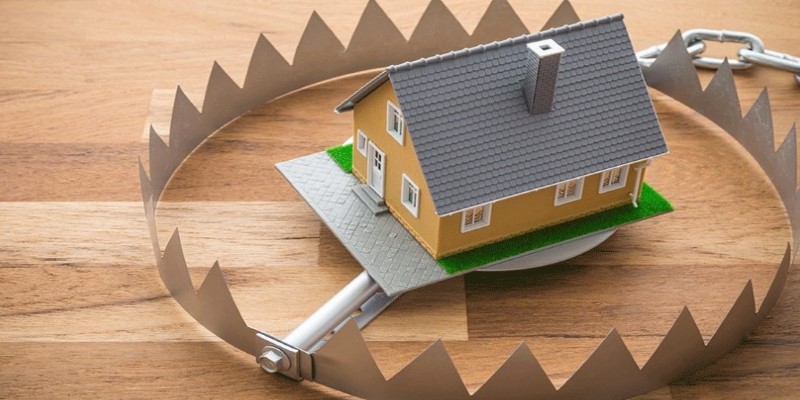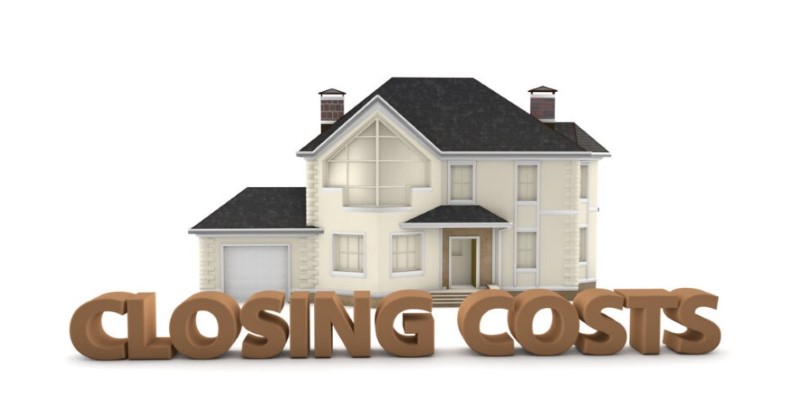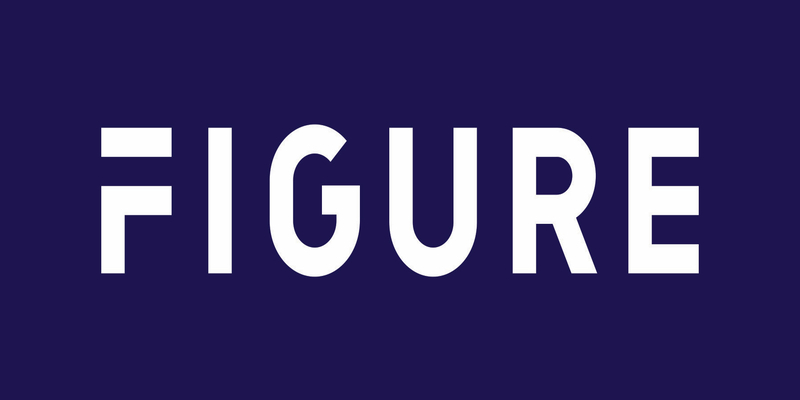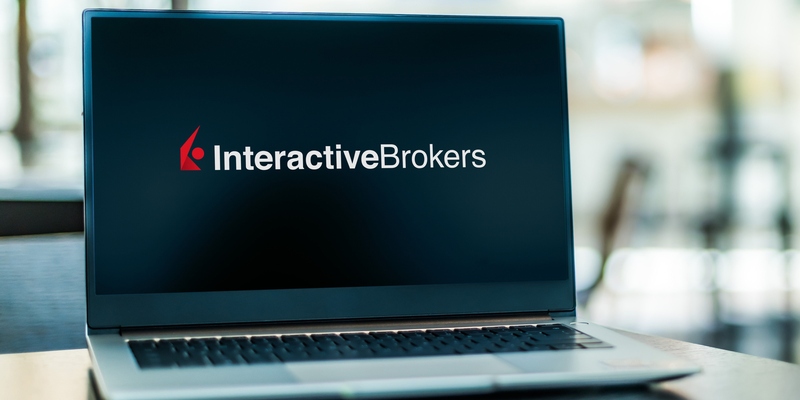Refinancing Your Home: Protecting Your Equity During the Process
Oct 26, 2024 By Georgia Vincent
Refinancing your mortgage is more than just a financial maneuver; it's a strategic decision that can reshape your financial landscape. Many homeowners worry about whether refinancing will erode their hard-earned home equity, which is a crucial component of their overall wealth. In a world where property values fluctuate and interest rates change, understanding the dynamics of home equity during refinancing is essential.
This article will delve into the nuances of refinancing, unravel common misconceptions, and provide you with practical strategies to maintain or even enhance your home equity, ensuring you make the most of this significant financial opportunity.
Understanding Home Equity and Refinancing
Home equity refers to the difference between your home's market value and the amount you owe on your mortgage. For instance, if your home is valued at $400,000 and your mortgage balance is $250,000, your home equity stands at $150,000. Home equity increases through two main avenues: repaying your mortgage and the appreciation of your homes value. Understanding this concept is vital, as it can influence your financial decisions related to refinancing.
Refinancing involves replacing your existing mortgage with a new one, typically at a lower interest rate or for a different loan term. There are two primary types of refinancing: rate-and-term refinancing and cash-out refinancing.
Rate-and-term refinancing changes your interest rate and possibly the length of your loan, helping to lower your monthly payments or reduce the overall interest paid over time. For example, switching from a 30-year mortgage at a higher rate to a 15-year mortgage at a lower rate may allow you to pay off your home faster and save on interest.
Cash-out refinancing allows you to take out a larger mortgage than your current one and receive the difference in cash, providing access to some of your home equity. This cash can be used for home improvements, paying off debt, or other financial needs. However, this option decreases your equity by the amount withdrawn.
Do You Lose Home Equity When You Refinance?
In general, you do not lose your home equity simply by refinancing. The equity you have built remains intact, as it is based on the difference between your homes appraised value and your mortgage balance. However, there are scenarios where your equity could decrease. For instance, if you choose a cash-out refinance and take out additional funds, your mortgage balance increases, thus reducing your equity.

Moreover, if you finance your closing costsadding them to your new mortgagethis can also decrease your equity position. For example, if your closing costs amount to $5,000 and you roll them into your mortgage, your new loan amount increases by that amount, which can lead to a slight dip in your equity.
Factors Influencing Your Home Equity After Refinancing
Appraisal Value:
The appraisal value assigned during refinancing is crucial in determining your equity. A higher appraisal indicates more equity, as it reflects your home's increased market value. Conversely, a lower appraisal can diminish your equity, affecting your financial standing and options for future borrowing.
Loan-to-Value Ratio (LTV):
The loan-to-value ratio measures your mortgage balance against your homes appraised value. An LTV of 80% means you have 20% equity. Most lenders prefer a minimum of 20% equity to eliminate private mortgage insurance (PMI), impacting your refinancing terms and costs significantly.
Market Conditions:
Real estate market fluctuations can significantly affect your home equity. Rising property values enhance equity, allowing homeowners to build wealth even without reducing their mortgage balance. Conversely, a market downturn can lead to decreased home values, potentially eroding equity and impacting refinancing options.
Loan Type:
The type of loan chosen for refinancing influences equity requirements. Government-backed loans, such as FHA or VA loans, may allow refinancing with little or no equity. These loans often have more flexible terms, enabling homeowners to refinance even in challenging market conditions without losing significant equity.
Strategies to Preserve or Increase Home Equity After Refinancing
To maximize your home equity after refinancing, consider the following strategies:
Choose a Rate-and-Term Refinance:
Opting for a rate-and-term refinance can lower your monthly payments without cashing out equity. This strategy keeps your mortgage balance stable, helping you maintain or even grow your home equity over time, benefiting your long-term financial health.
Avoid Cash-Out Refinancing:
Cash-out refinancing may provide immediate cash, but it reduces your home equity. By refraining from this option, you preserve more equity, allowing for greater financial flexibility and security in the future as home values fluctuate.
Keep Closing Costs to a Minimum:

Negotiate lower closing costs or pay them upfront during refinancing. This approach helps prevent an increase in your mortgage balance, ensuring you retain as much equity as possible and minimizing long-term financial obligations.
Make Extra Payments:
If feasible, consider making additional payments toward your principal after refinancing. This proactive measure accelerates your mortgage payoff, increases your equity faster, and ultimately reduces the interest paid over the life of the loan.
Invest in Home Improvements:
Enhancing your home's value through strategic renovations can significantly boost your overall equity. Projects like kitchen remodeling or landscaping improvements not only make your home more appealing but can also yield a strong return on investment, increasing your equity.
Monitor Market Trends:
Keeping an eye on real estate market trends can inform your decisions regarding refinancing and home improvements. Understanding when to sell or invest in upgrades can maximize your home's value, thereby increasing your equity.
Conclusion
Refinancing your mortgage is a powerful financial tool that can help you achieve lower payments, access cash, or pay off your home faster. While you generally dont lose home equity through the refinancing process, specific actions like cashing out or rolling in closing costs can diminish your equity.
By understanding how home equity works and adopting strategies to preserve it, you can make informed decisions that align with your long-term financial goals. Consulting with a financial advisor can provide personalized guidance tailored to your unique situation.
-
 Investment Jan 13, 2024
Investment Jan 13, 20247 Best Gifts for Investors
If you are looking for gifts for your financial lovers, get anything from investment books to crypto wallets for them
-
 Investment Dec 25, 2023
Investment Dec 25, 2023Dive or Decide: Navigating the Purchase of a Home with a Pool
Thinking about buying a house with a pool? Make an informed decision by answering these 5 essential pool-buying questions and avoid regrets.
-
 Mortgages Feb 07, 2024
Mortgages Feb 07, 2024Detailed Insights Into Figure Mortgage Refinance to Assist You
Figure Refinance makes refinancing home easy with simple steps. This Figure mortgage refinance review will help you to know more.
-
 Investment Mar 21, 2024
Investment Mar 21, 2024All You Should Know About Interactive Brokers
Uncover a comprehensive review of Interactive Brokers' brokerage services in 2024, including features, pros, and cons.
